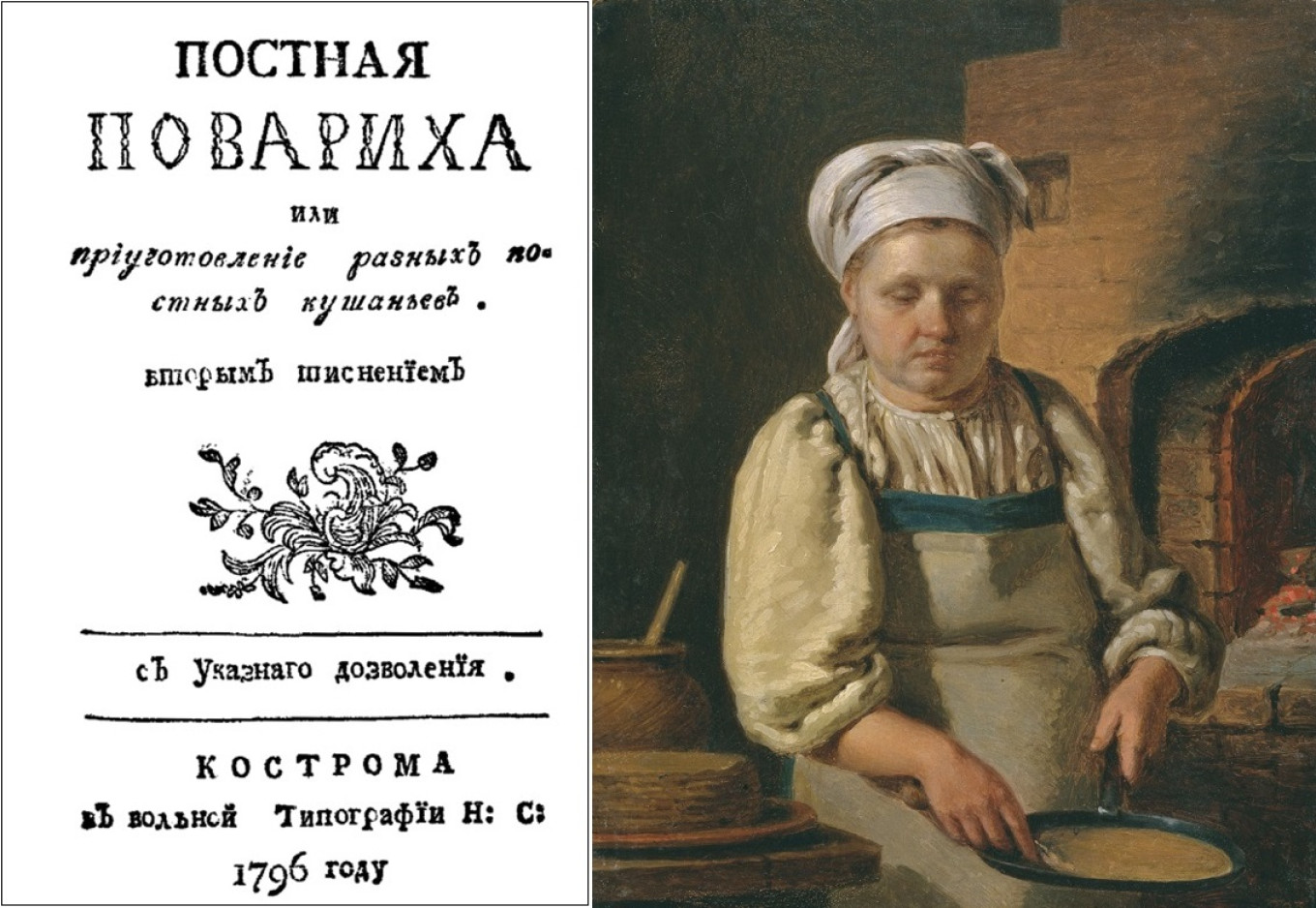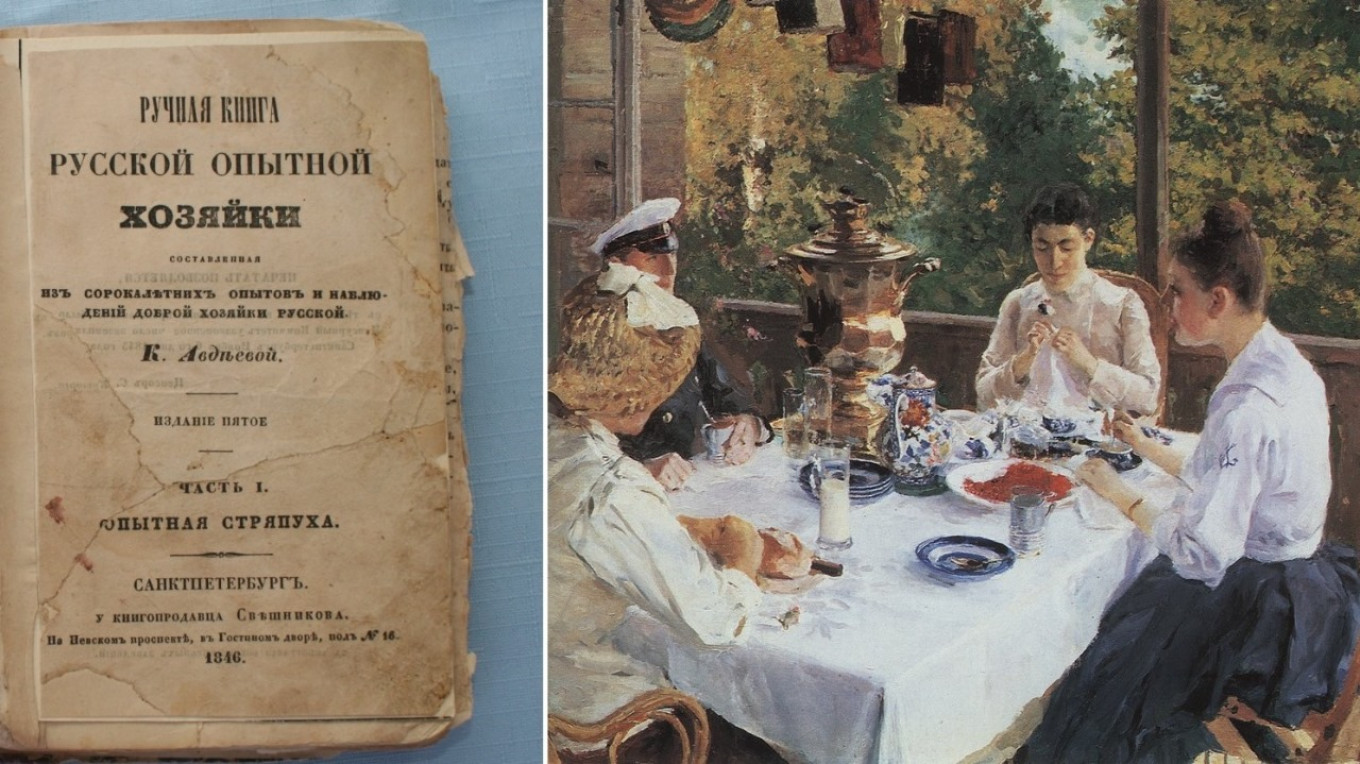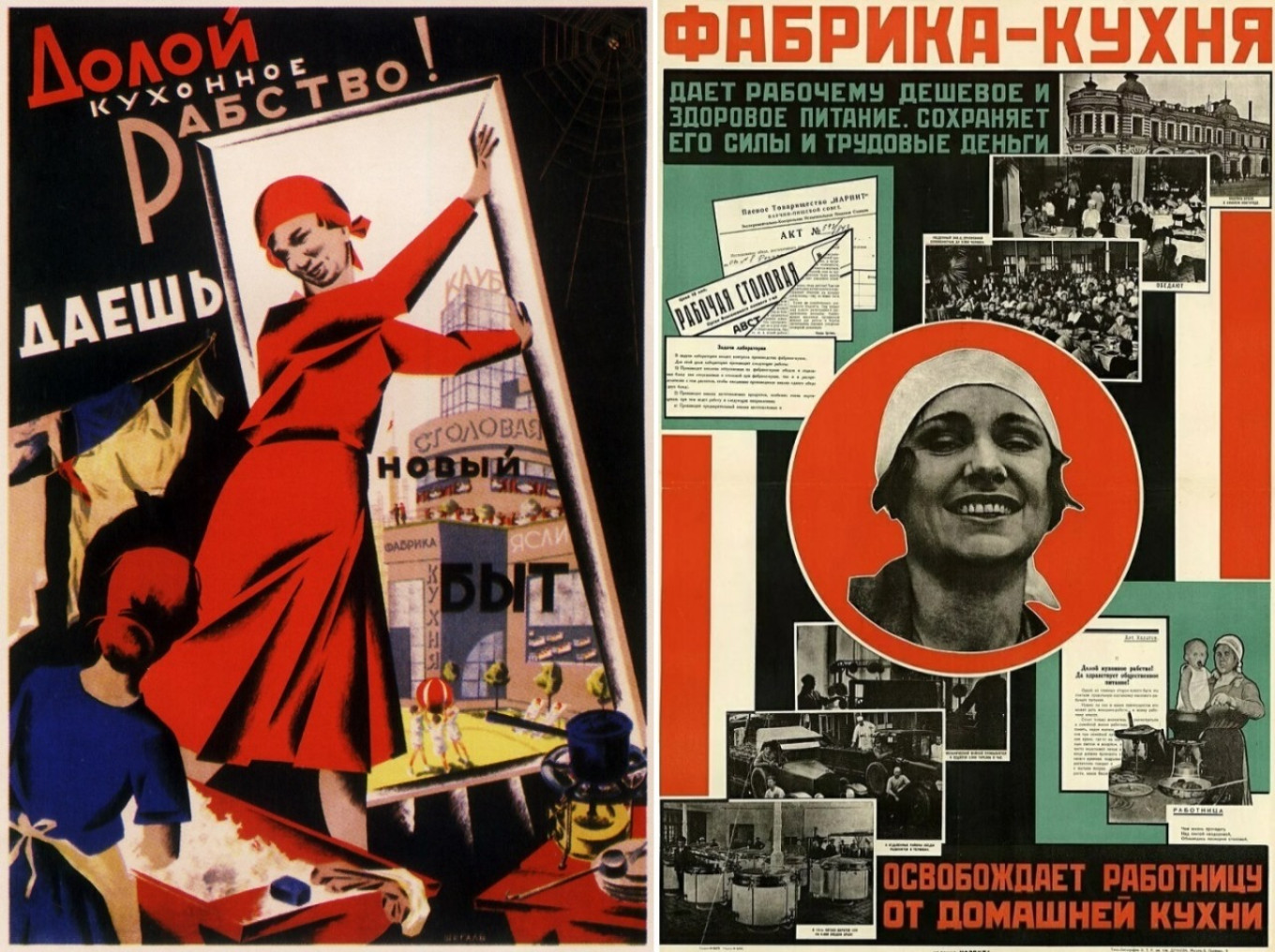When it’s time to fry up some cutlets, women get called. But when it’s time to hand out awards — call a man!
There is probably more inequality of the sexes in the kitchen than anywhere else on earth. Just take a look at the list of Michelin-starred chefs and see how many women’s names are there. (Spoiler: Not many!) But at the same time, let’s be honest: outside restaurants just about any woman in the kitchen can out-cook ten men.
“For diners, it doesn't matter what gender you are. The meal you prepare is either good or not," said Ana Roš, the world's best woman chef in 2017 according to The World's 50 Restaurants, an influential international ranking. “But women have to fight harder to make their way to the top. They are physically weaker, plus they are not only professional chefs but also mothers and wives. So they must give up a lot in their daily lives, and they have more regrets."
This is not a new topic, and it’s a standard part of the Russian culinary experience. Throughout the centuries women have been working away in Russian kitchens. The mistress of a large family — and that was almost the only kind of family in Russia — were always responsible for keeping everyone healthy and well-fed. They were also responsible for getting up before dawn, raking out the stove coals that had cooled during the night, and building a fire for breakfast.
But even in our ancient books, cooks are men. Starting with "Domostroi" (1550s), where a whole chapter is called: "Instructions for повар [male cook]...". We find the same masculine noun in the "Expenditure Book of the Patriarchal Order" (1698): "A beluga was given to the повар [male cook]..." A professional cook on the staff of a homeowner or for hire was always a man.
The age of women cooks in the Russian kitchen only begins at the end of the 18th century. Or perhaps it’s better to say that this was the time when women began to be considered as professional as men. One of the first cookbooks was called: "The Old Russian Housewife: Holder of Keys and Kitchen Maid.” Written in 1790 by Russian writer Nikolai Osipov, it is dedicated to a woman: "To her nobility, my gracious Empress Anna Grigorievna Usova.”
This was the last time when a woman cook was called a kitchen maid in cookbooks. Sometimes it slips through in works by, for example, Vasily Lyovshin, then rarely in official titles. It is mentioned in Yekaterina Avdeyeva’s cookbook in the 1840s, but just as one of the many professions in the kitchen. In most texts it is replaced by the more common word for a woman cook: повариха. Look at the book cover below. It was only six years, but see how things have changed.

By the beginning of the 19th century the word повариха [woman cook] was being used in print more frequently. But then it begins to be eclipsed by different words being used in one publication after another: mistress, woman of the house, hostess. This made sense. After all, a woman was, indeed, the mistress of the house and kitchen, the person who kept the family alive and healthy. Yekaterina Avdeyeva, the famous 19th century cook, wrote this sub-title for her cookbook: "From forty years of experience and observations by a good Russian hostess." She fully deserved the title for her exemplary life, difficult fate, and four cook- and household books that were republished right up to the 1917 Revolution.
But the word "mistress" had a slightly unpleasant connotation for Avdeyeva. “Mistress” had the connotation of owning something, but women didn’t own anything — they were just part of a landowner’s more or less affluent household. But life was slowly changing. New times were coming.

"I felt such joy when I realized that I could be useful to my compatriots, for I can say without boasting that my book on housekeeping published in 1861 when serfdom was abolished solved many problems for landowners. They had suddenly found themselves without servants and cooks, and they had absolutely no one who knew anything about the culinary arts. Thanks to my book, Russian ladies stopped being embarrassed to manage their households and show themselves in their kitchens."
This little-known letter by Yelena Molokhovets summarized the role of a woman cook in Russia: from a serf kitchen maid to a hired cook working in bar houses, to the mistress of a house.
The title of “mistress of the house” can be applied to women today, and little changed over the centuries. Regardless of her financial status, marital status or living conditions, a woman is the mistress of her table and her home. And she wants her home to be warm and hospitable.
The Soviet period was also concerned with life in the kitchen. “Free women from kitchen slavery" was one of the slogans during the first years of Soviet power. Of course it wasn’t possible to liberate women completely, and besides, for many women in the USSR, this kind of “slavery” was their favorite profession, one that had high status in public opinion.

Women are being welcomed to take their rightful places in the hall of fame of the culinary arts in many countries around the world. And women’s day-to-day role in putting healthy and delicious food on the table is earning greater respect.
International Women's Day on March 8 in Russia is unthinkable without mimosa — both the flowers and the salad of the same name. It was invented in the 1970s in the USSR. Unfortunately, culinary history does not know the name of the woman of genius who joined simple ingredients in such a successful bouquet, but there should be a statue to this “Unknown Homemaker."
Fish, eggs, onions, carrots, cheese, butter (if it’s on hand and to taste)… everything is neatly piled in layers and dressed with mayonnaise. What is so special about this? It would seem that there was nothing special about it at all, but people really liked it, especially the soft and airy structure of the salad. "Mimosa" shook the pedestal holding up Salad Olivier and Herring Under a Fur Coat and soon took its place among the masterpieces of Soviet cuisine.
Mimosa Salad
Ingredients
- 4-5 eggs
- 2 small carrots
- 1 medium onion
- 1 jar or can (250 g or scant 9 oz) canned fish (salmon, saury)
- best quality mayonnaise
Instructions
- Boil eggs and carrots until cooked; cool.
- Dice onions, cover with boiling water, strain; cover with cold water; strain. This eliminates the bitterness.
- Open the can of fish, drain, mash the fish with a fork.
- Peel eggs and separate into whites and yolks. Grate both whites and yolks on a fine grater in separate bowls.
- Grate the carrots on a coarse grater, also in a separate bowl.
- Assemble the salad: At the bottom of the salad bowl (preferably with a flat bottom) make a layer of canned fish and spread with mayonnaise. Then layer the onions and spread with mayonnaise. The third layer: egg whites and mayonnaise, followed by carrots and mayonnaise. The last layer is a sprinkling of grated egg yolks. Check to make sure you didn’t forget a layer. This is the simplest version of the salad — the basic mimosa.

You can also add a layer of grated apple or semi-hard cheese, and a layer of grated butter from the freezer will add flavor and variety. And of course, replacing canned fish with boiled salmon, salmon or trout will greatly enrich the flavor.
Here’s another way of making a mimosa salad: boiled salmon, apples, eggs, orange slices cut into small pieces (really!), cheese, and all, of course, in layers and with homemade mayonnaise. Honestly, it’s quite delicious!
Finally, we don’t want to forget this: you aren’t limited to just one layer of an ingredient. Don’t be stingy — you can have two or three layers of whatever ingredient you like best.
A Message from The Moscow Times:
Dear readers,
We are facing unprecedented challenges. Russia's Prosecutor General's Office has designated The Moscow Times as an "undesirable" organization, criminalizing our work and putting our staff at risk of prosecution. This follows our earlier unjust labeling as a "foreign agent."
These actions are direct attempts to silence independent journalism in Russia. The authorities claim our work "discredits the decisions of the Russian leadership." We see things differently: we strive to provide accurate, unbiased reporting on Russia.
We, the journalists of The Moscow Times, refuse to be silenced. But to continue our work, we need your help.
Your support, no matter how small, makes a world of difference. If you can, please support us monthly starting from just $2. It's quick to set up, and every contribution makes a significant impact.
By supporting The Moscow Times, you're defending open, independent journalism in the face of repression. Thank you for standing with us.
Remind me later.







